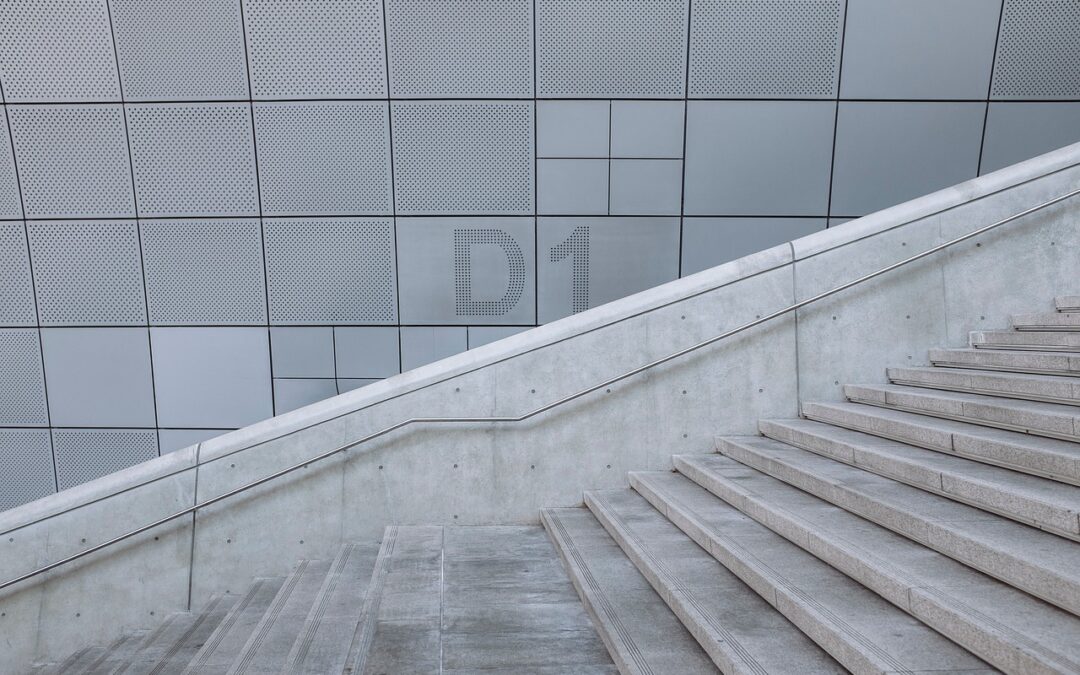TL;DR
Ensure the safety of your concrete projects by partnering with a professional concrete contractor who can provide durable, reliable, and customized concrete solutions.
The Essential Guide to Concrete for Safe Projects
Concrete Basics
Concrete is a versatile building material composed of cement, sand, gravel, and water. Its strength and durability make it ideal for various projects, including driveways, sidewalks, patios, and foundations.
Importance of Safety
Concrete projects require careful planning and execution to ensure safety. Improper handling can lead to structural failures, slips and falls, and other hazards. To safeguard yourself and your loved ones, choose a reputable concrete contractor who prioritizes safety.
Professional Concrete Contractors
Hiring a professional concrete contractor offers numerous advantages. They possess the expertise, equipment, and experience to:
– Assess your project’s needs and provide tailored solutions
– Ensure proper preparation and installation
– Utilize industry-standard techniques for durability and safety
– Offer warranties and insurance for peace of mind
Customer Testimonials
“Working with [Contractor Name] was a breeze. They were punctual, communicated effectively, and delivered exceptional quality work. My driveway looks stunning and is built to last.” – Sarah J.
Success Stories
A local school district partnered with a concrete contractor to install new sidewalks and ramps that met ADA compliance, enhancing accessibility and safety for students and visitors.
Concrete Flatwork
Concrete flatwork encompasses surfaces such as driveways, patios, and sidewalks. Proper installation requires:
– Leveling the ground
– Reinforcing the concrete
– Applying a smooth finish
– Curing and sealing the surface
Concrete Steps
Installing concrete steps involves:
– Designing the dimensions and layout
– Constructing the formwork
– Pouring and finishing the concrete
– Adding handrails for safety
Concrete Foundations
Foundations provide structural support for buildings. Concrete foundations require:
– Digging the footings
– Installing steel reinforcement
– Pouring and curing the concrete
– Waterproofing the foundation
Structural Concrete Work
Structural concrete components include columns, beams, and slabs. Their design and construction involve:
– Calculating loads and stresses
– Utilizing specialized materials and techniques
– Ensuring seismic stability
Stamped Concrete Designs
Stamped concrete mimics the appearance of natural materials like brick, stone, and wood. It adds visual appeal to patios, walkways, and other surfaces.
Tips for Safe Concrete Projects
- Choose a contractor with a proven track record.
- Plan your project carefully and obtain necessary permits.
- Follow safety protocols on the job site.
- Allow ample time for curing and sealing.
- Inspect your concrete regularly and address any cracks or damage promptly.
Protect the safety and integrity of your concrete projects by choosing a reliable and experienced concrete contractor. Their expertise will ensure your concrete is built to last, providing a safe and enjoyable environment for years to come.

